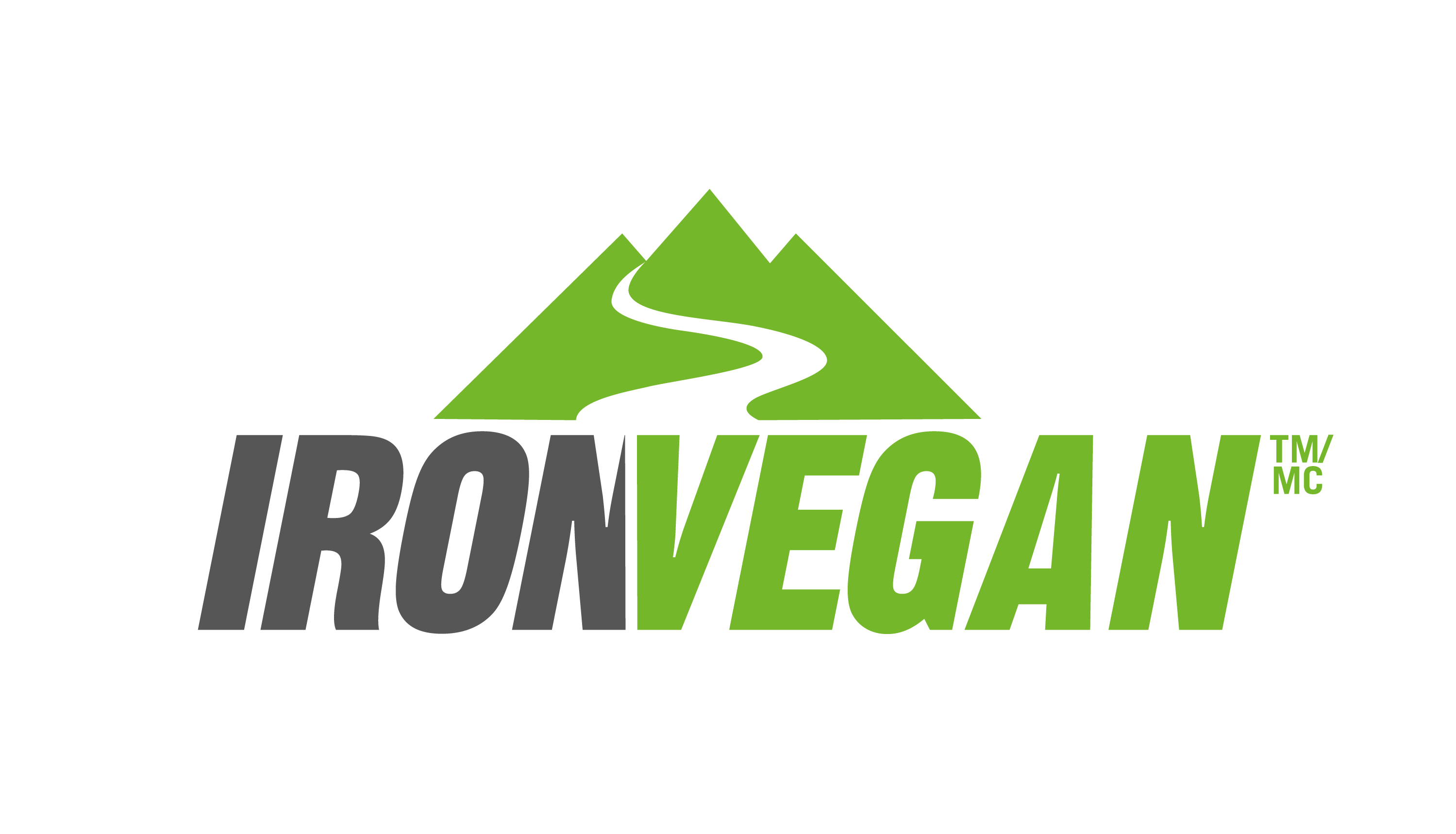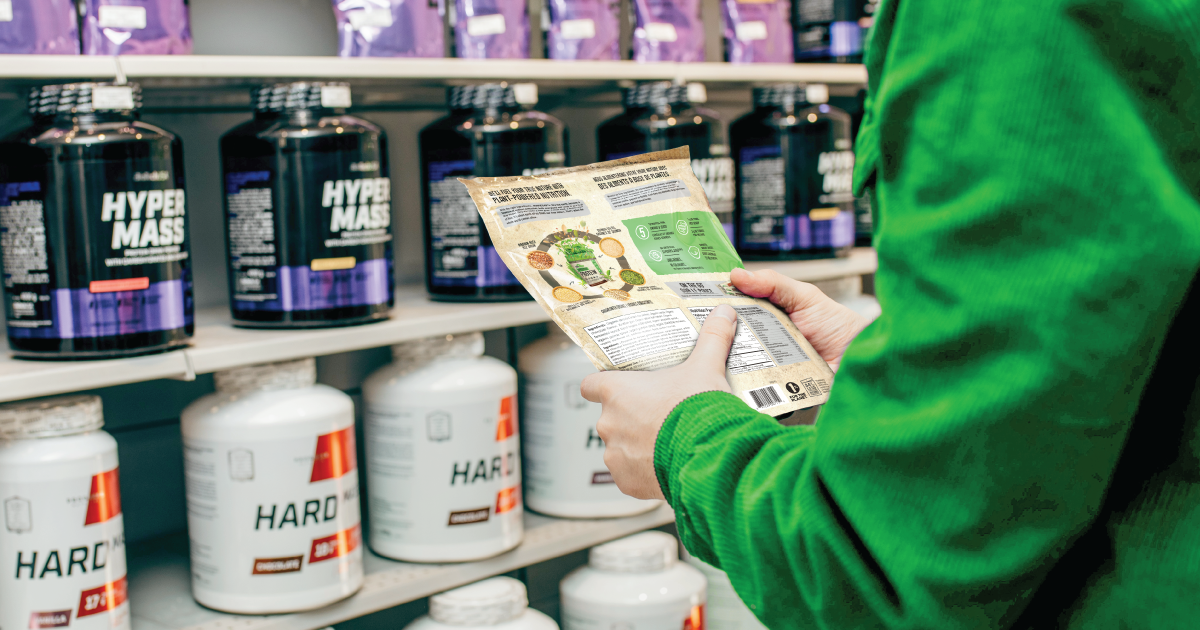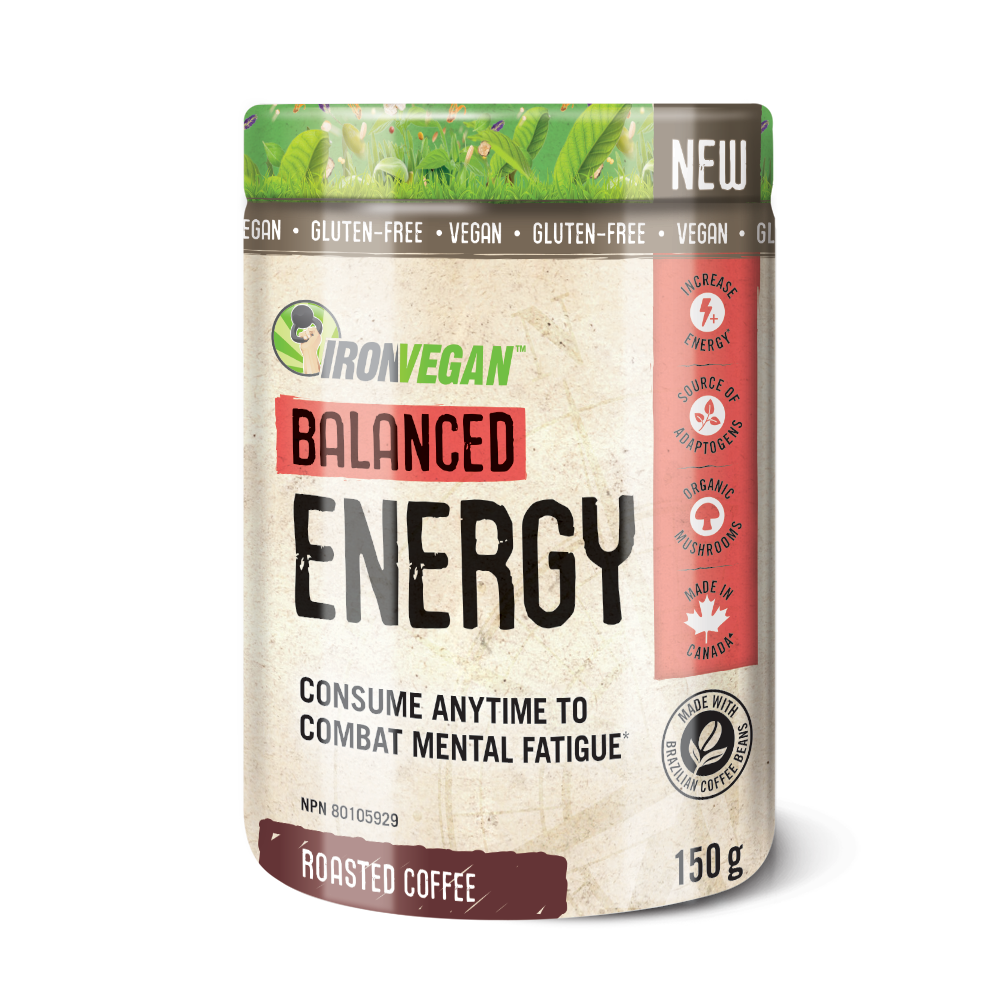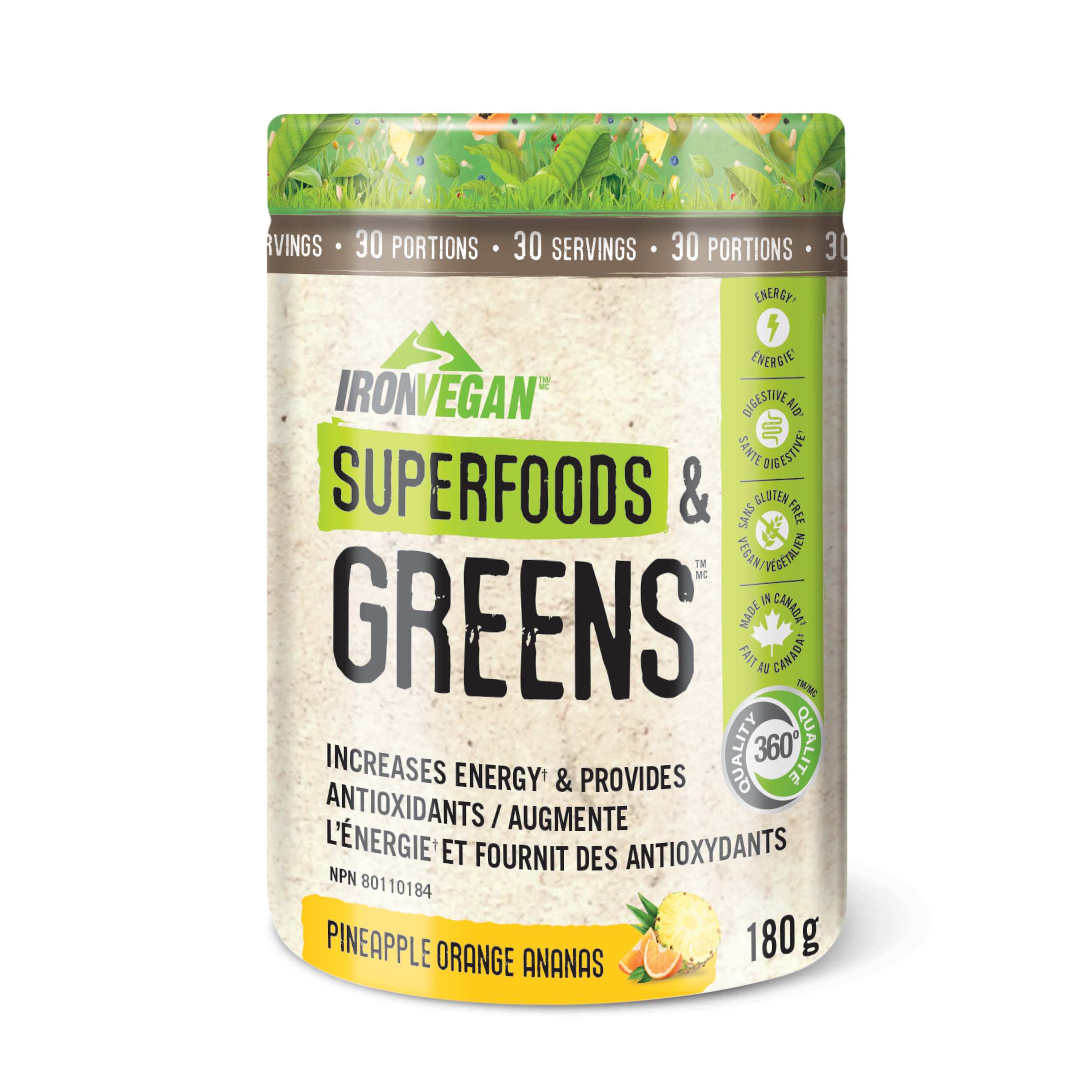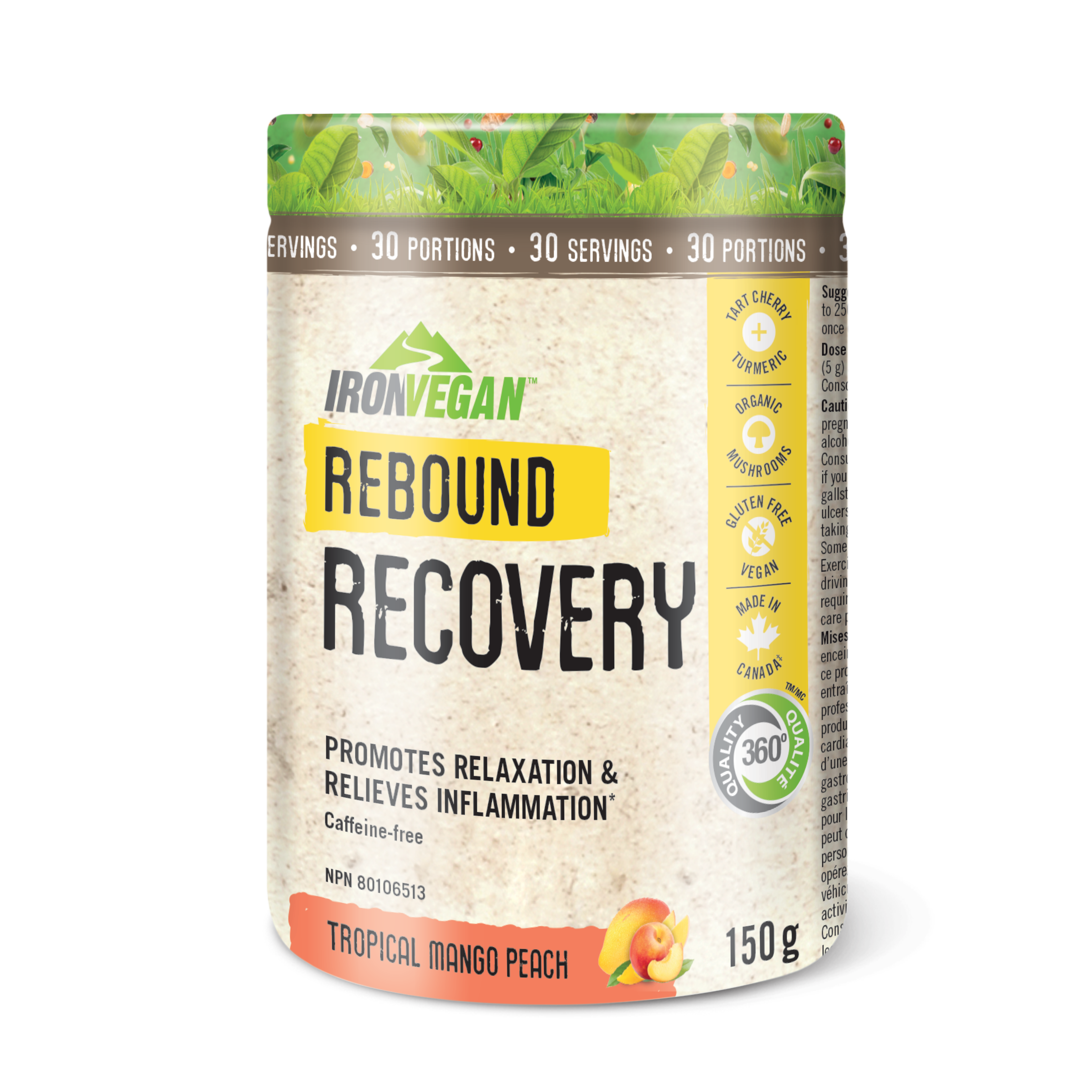Written by Iron Vegan
You have likely seen fresh alfalfa or broccoli sprouts at the grocery store, but have you ever wondered why these baby plants are such a big deal? From greater nutrition to easier digestion and less bloating, sprouting transforms seeds into superfoods!
Before we dive into the wonderful world of sprouting, we will first begin by saying that it is true that some plant foods can be hard to digest for some people. The reason for this is because the seed contains anti-nutrients, which can cause gas, bloating, and gastrointestinal discomfort for some people. Anti-nutrients are present in the seed to help to maintain its freshness for germination. The anti-nutrients also protect the seed against mold, fungus, and insects.1 Phytic acid is one of the most well-known anti-nutrients that is found in grains and legumes and interferes with the absorption of minerals.2 Gluten is another difficult to digest anti-nutrient that inhibits enzymes which are needed for proper digestion and is also responsible for causing gastrointestinal distress.2 As you can see, there may be a small downside to some foods; however, this is where sprouting comes to the rescue!
Sprouting not only increases the vitamins, minerals, fibre and amino acids in foods, but it also breaks down those anti-nutrients to make the foods easier to digest.3 Sprouting is when seeds germinate and grow shoots. The process begins when the seeds are soaked in water, which softens and opens their outer layers and allows a shoot to sprout. Sprouted grains, legumes, beans, and seeds are extremely nutritious and have numerous health benefits. In fact, almost all nutrients are fully available and various antioxidants occur at higher concentrations4 in sprouted grains. There you have it – sprouting brings out a ton of goodness!
Including a variety of seeds, grains, legumes, and nuts into your diet is wise choice, as they are some of the healthiest foods to consume. When possible though, and if experiencing digestive issues, choose the sprouted versions, as this will not only make it easier for the body to digest and absorb but will also maximize the nutritional benefits of these incredible powerhouse foods.
References:
- Peumans WJ, Van Damme EMJ. (1995). Lectins as plant defense proteins. Plant Physiol, 109: 347-352.
- Gupta RK, Gangoliya SS, Singh NK. (2015). Reduction of phytic acid and enhancement of bioavailable micronutrients in food grains. J Food Sci Technol, 52(2), 676–684.
- K. Chavan JK, Kadam SS, Beuchat LR. (1989). Nutritional improvement of cereals by sprouting. Crit Rev Food Sci Nutr, 28(5): 401-437.
- Benincasa P, et al. (2019). Sprouted Grains: A Comprehensive Review. Nutrients, 11(2): 421.
